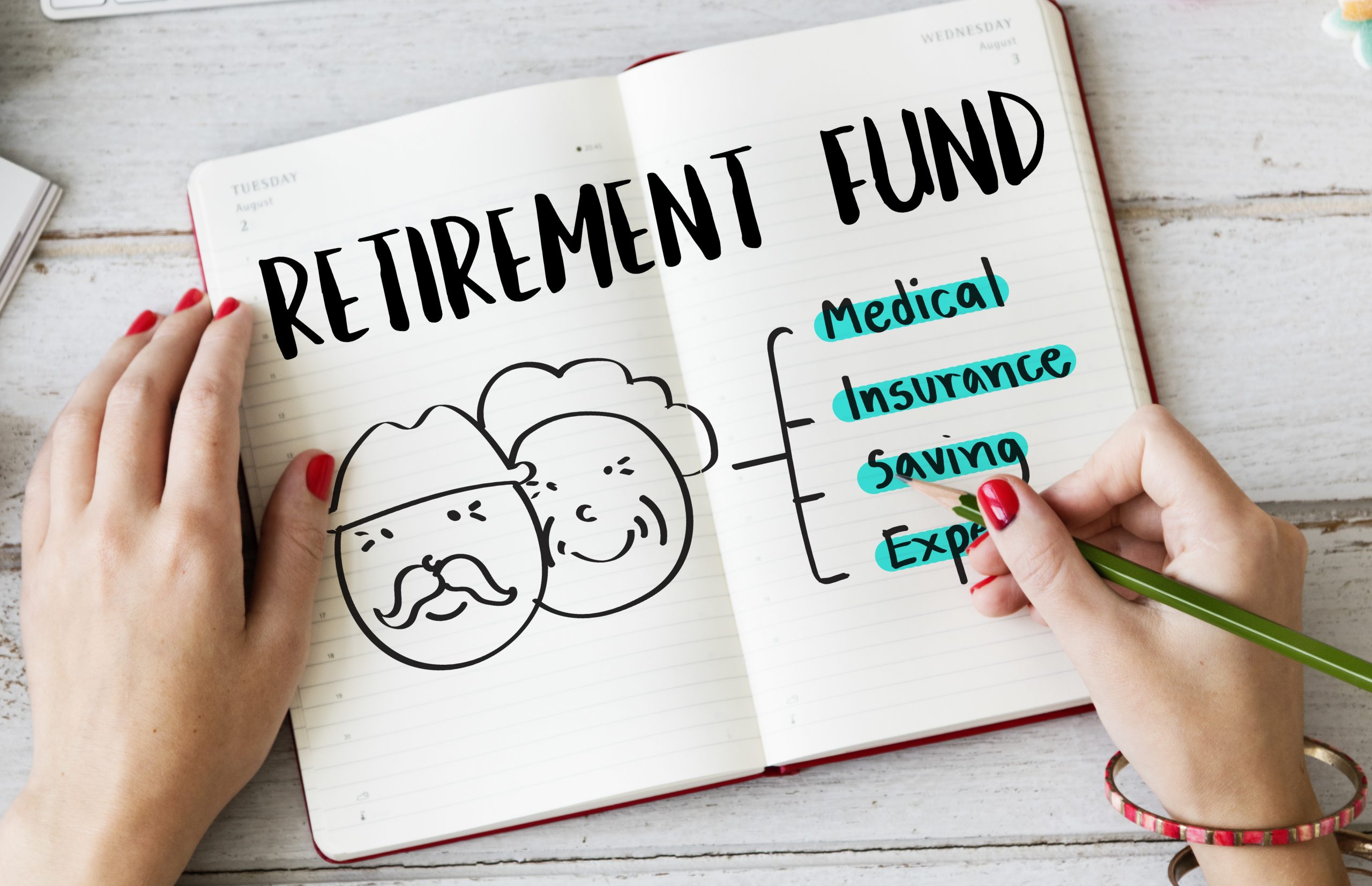Planning for retirement is one of the most important aspects of financial wellness. While day-to-day earnings and expenses shape immediate financial stability, long-term security depends heavily on retirement systems and pension plans. These systems are designed to provide financial support in later life, ensuring that individuals can maintain a comfortable standard of living even when they are no longer working. Understanding how pensions and retirement plans impact net worth is essential for building a resilient financial future.
Why Retirement Planning Matters
Net worth is often thought of in terms of current assets and liabilities. However, retirement savings and pension plans represent future assets that directly affect long-term wealth. A strong retirement system allows individuals to accumulate financial resources steadily, making retirement less of a burden and more of a transition into financial independence.
Websites like Cashworthly emphasize the importance of aligning short-term money habits with long-term retirement goals, highlighting how consistent contributions to pension plans grow over time.
Types of Retirement Systems
Retirement systems differ depending on location, employment type, and government policies. The most common structures include:
- Defined Benefit Plans: These provide a guaranteed payout after retirement, often calculated based on salary history and years of service.
- Defined Contribution Plans: In these, individuals and sometimes employers contribute to retirement accounts, with the final value depending on investment performance.
- Government-Sponsored Systems: Programs like social security or state pensions, which provide a baseline income for retirees.
Each of these systems plays a unique role in shaping overall net worth by offering security against income loss in later life.
How Pension Plans Influence Net Worth
Pension plans are essentially long-term savings strategies. They ensure that money earned today contributes to tomorrow’s wealth. For many individuals, pensions become one of the largest assets on their balance sheets as they age.
When properly managed, pension savings not only safeguard future income but also strengthen overall financial confidence. Tracking these contributions and growth through platforms like Netlyworth helps individuals see how pensions fit into their broader wealth picture.
Challenges in Retirement Planning
Despite the benefits, many people face challenges with retirement systems. Changing job markets, inflation, and rising healthcare costs can erode the value of pensions. In some cases, government pension programs may not keep up with the cost of living, requiring individuals to supplement their retirement income with personal savings or investments.
Additionally, uncertainty about how long savings will last can make retirement planning stressful. This is why early and consistent participation in retirement systems is so critical.
Building a Strong Retirement Strategy
To make the most of pension plans, individuals can:
- Start contributing early to benefit from compounding.
- Diversify investments within retirement accounts.
- Regularly review pension statements to ensure contributions align with future needs.
- Consider professional advice to optimize retirement savings strategies.
By taking proactive steps, people can transform retirement planning from a financial obligation into a tool for long-term wealth creation.
Final Thoughts
Retirement systems and pension plans are more than just financial instruments—they are the backbone of future stability. They influence net worth by ensuring that income continues even after employment ends, reducing financial stress in later life.
By understanding the role of pensions, staying consistent with contributions, and monitoring progress, individuals can protect and grow their wealth over time. Tools like Cashworthly and Netlyworth serve as helpful companions in this journey, offering insights into how retirement planning strengthens overall net worth.



